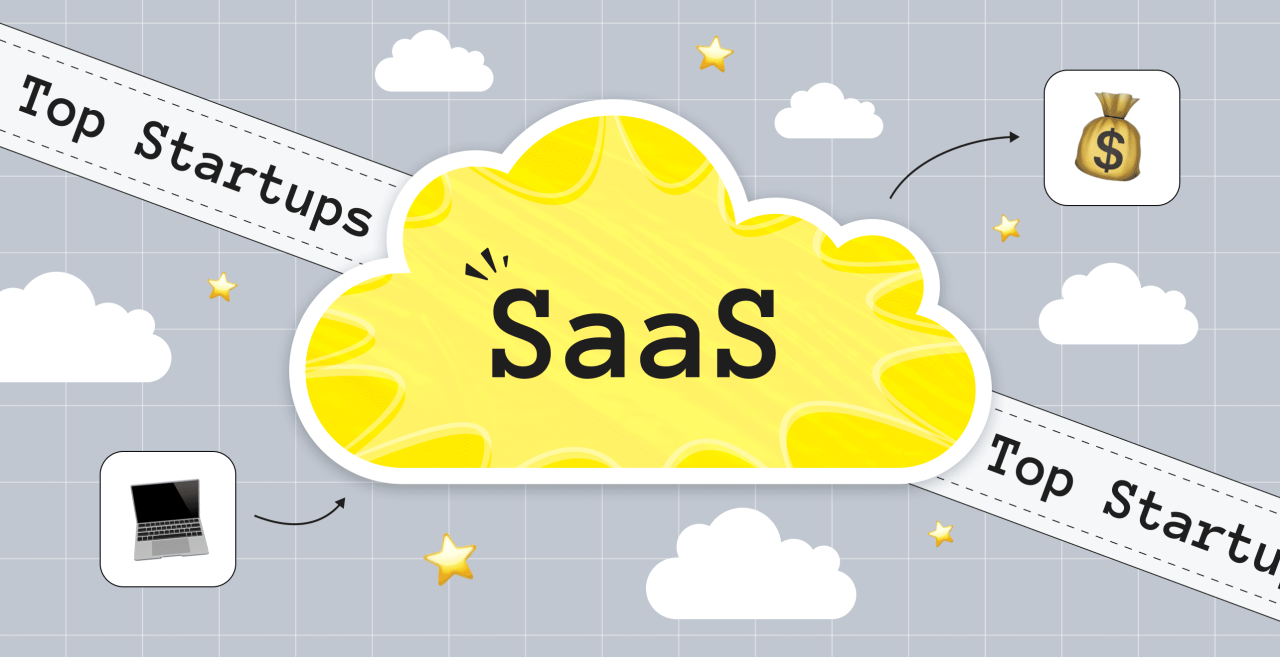Top Degrees That Will Help You Beat AI Job Automation in an era where algorithms learn faster than any individual can code, the specter of automation looms large. Yet, education remains a robust bulwark against displacement. Certain academic paths cultivate the irreplicable human capacities—strategic synthesis, ethical discernment, and creative ingenuity—that machines struggle to emulate. Pursuing the best degrees to beat AI automation can be a transformative career safeguard.
This exhaustive compendium delves into eight degree programs, each selected for its enduring relevance and capacity to fortify human capital. Prepare for an odyssey of concise insights, expansive elucidations, and erudite flourishes. Let’s chart the academic terrains that promise resilience amid technological upheaval.

1. Human-Centered Design and Innovation
Why It Matters
At the confluence of anthropology, psychology, and engineering lies human-centered design. This interdisciplinary field trains students to engineer solutions that resonate with human needs and cultural contexts. Machines may analyze user data, but they cannot genuinely empathize.
Core Curriculum
- Ethnographic research methods
- Cognitive ergonomics
- Prototyping and rapid iteration
Career Trajectories
Graduates often assume roles as design strategists, UX architects, and innovation consultants. Their mandate: translate nuanced human behaviors into compelling product experiences.
2. Ethics, Technology, and Society
Why It Matters
As AI pervades governance, healthcare, and finance, moral quandaries proliferate. A degree that integrates philosophy, law, and techno-sociology equips you to navigate these dilemmas. Machines lack moral imagination.
Core Curriculum
- Moral philosophy and applied ethics
- Technology policy and regulation
- Science and technology studies
Career Trajectories
Alumni become ethics officers, policy advisors, and compliance analysts—roles that anchor responsible innovation and legislative foresight.
3. Cognitive Science and Neuroscience
Why It Matters
Understanding how minds work—both organic and artificial—imbues practitioners with insights into perception, learning, and creativity. AI architectures draw inspiration from neural pathways, but the biological brain remains vastly more intricate.
Core Curriculum
- Computational modeling of cognition
- Neurophysiology and brain imaging
- Language, perception, and decision-making
Career Trajectories
Paths include neurotechnology development, cognitive UX research, and translational neuroscience, bridging lab discoveries and real-world applications.
4. Systems Engineering and Complex Adaptive Systems
Why It Matters
Modern enterprises resemble living ecosystems—nonlinear, emergent, interdependent. Systems engineering imparts the art of architectural design, resilience planning, and feedback loop analysis. Machines optimize components; humans design wholes.
Core Curriculum
- Systems thinking and modeling
- Resilience engineering
- Cyber-physical integration
Career Trajectories
Systems engineers lead in aerospace, energy grids, and smart infrastructure—domains where holistic oversight supersedes localized optimization.
5. Creative Writing and Digital Storytelling
Why It Matters
Narrative wields transformative power. Machines can generate text, but authentic storytelling—imbued with lived experience and cultural nuance—retains its singular potency. A degree in creative writing fosters voice, style, and rhetorical flair.
Core Curriculum
- Fiction, nonfiction, and poetic craft
- Multimedia storytelling techniques
- Dramatic structure and narrative theory
Career Trajectories
Graduates become content strategists, transmedia producers, and brand storytellers, forging emotional connections that elude algorithmic outputs.
6. Environmental Science and Sustainability Studies
Why It Matters
Climate change and ecological collapse demand adaptive ingenuity. Degrees in environmental science marry scientific rigor with policy acumen. AI can model climate trends but cannot substitute for human stewardship.
Core Curriculum
- Ecosystem dynamics and conservation biology
- Environmental policy and economics
- Sustainable resource management
Career Trajectories
Roles include sustainability consultants, environmental impact analysts, and green technology innovators.
7. Interdisciplinary Entrepreneurship and Innovation Management
Why It Matters
Entrepreneurship blends risk-taking with strategic vision. An interdisciplinary program in innovation management teaches resource mobilization, venture financing, and ecosystem cultivation. AI advises on decision metrics; humans orchestrate gambits.
Core Curriculum
- Venture creation and lean startup methodologies
- Financial modeling and investment strategy
- Ecosystem building and stakeholder orchestration
Career Trajectories
Alumni launch startups, serve as intrapreneurs in corporate ventures, or guide accelerators and incubators.
8. Applied Arts and Craftsmanship (Digital Fabrication)
Why It Matters
The tactile realm—object making, sculptural form, artisan craft—endures as a domain of human dexterity and aesthetic judgment. Digital fabrication programs integrate advanced tools (3D printing, CNC machining) with artisanal ethos.
Core Curriculum
- Material science and fabrication processes
- Digital modeling and additive manufacturing
- Design philosophy and craft theory
Career Trajectories
Paths include product design, bespoke manufacturing, and interactive installations, celebrating the tangible in an increasingly virtual world.
Strategies for Maximizing Educational ROI
Curated Electives and Minors
Augment your major with complementary minors—data visualization, environmental economics, cognitive ergonomics—to tailor your expertise mix.
Experiential Learning
Seek internships, capstone projects, and design labs that embed you in real-world challenges. This praxis cements theoretical knowledge and amplifies employability.
Interdisciplinary Collaborations
Forge alliances across departments. Joint projects between engineers, artists, and social scientists yield hybrid innovations that eclipse siloed approaches.
Lifelong Learning Beyond the Degree
Microcredentials and Workshops
Post-graduation, pursue targeted certifications—in AI ethics, sustainable business, or UX research—to remain agile and market-relevant.
Professional Associations and Conferences
Join societies such as the Design Research Society or the Cognitive Science Society. Present your work, absorb cutting-edge developments, and expand your network.
Choosing among the best degrees to beat AI automation is a strategic endeavor. These eight programs cultivate the quintessential human faculties—empathy, moral imagination, systems vision, and creative flair—that machines cannot supplant. By investing in interdisciplinary education, experiential learning, and lifelong development, you can fortify your career against algorithmic razors and thrive in an automated future.










